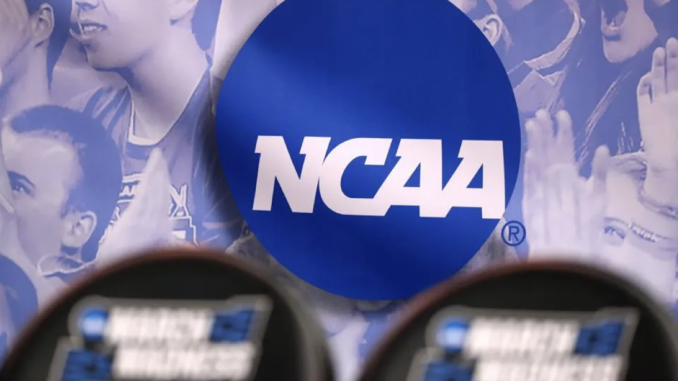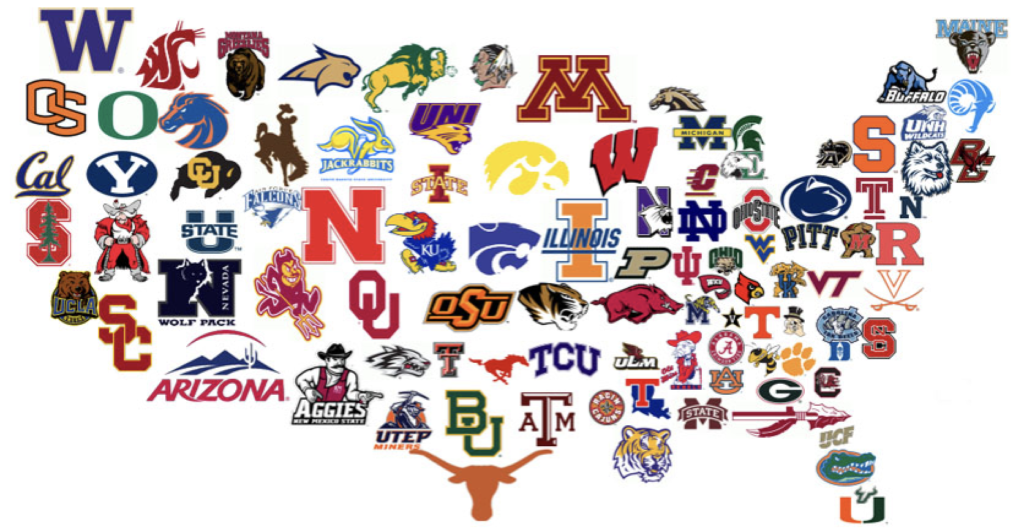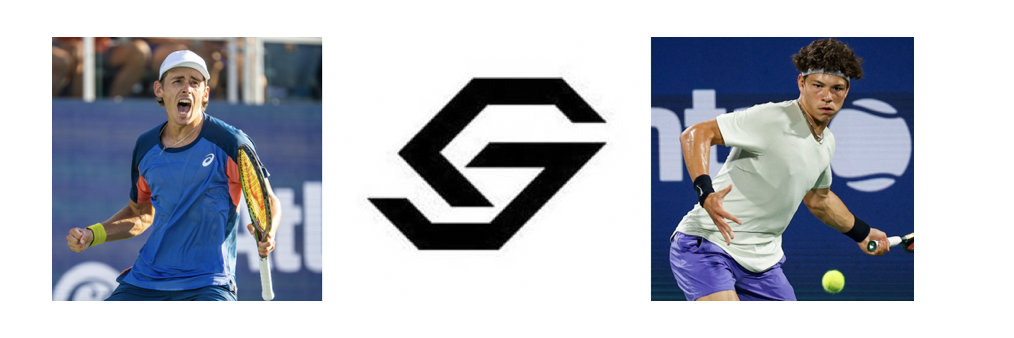
College athletes are once again challenging the NCAA’s restrictions on their ability to earn prize money for their performances. A University of North Carolina at Chapel Hill tennis player, Reese Brantmeier, has filed a lawsuit against the NCAA–arguing that their limitations on prize money violate antitrust laws.
The case centers around a rule that prohibits tennis players from accepting more than $10,000 in prize money per year before attending college. Brantmeier’s complaint alleges that the NCAA and its member schools are conspiring to price-fix what athletes can earn and illegally boycott those who violate amateurism rules.
Brantmeier’s attorneys filed the complaint in a North Carolina federal district court, requesting class-action certification on behalf of Division I athletes in “individual sports” such as tennis, golf, swimming, track and field, wrestling, gymnastics, skiing, fencing, women’s bowling, indoor and outdoor cross country, women’s triathlon, women’s equestrian, rifle, and skiing. The lawsuit seeks an injunction that would prevent the NCAA from enforcing prize money limitations.
The complaint contends that the NCAA is hypocritical in allowing Name, Image, and Likeness (NIL) deals while restricting prize money. Amateurism rules attempt to categorize college athletes as amateurs, denying them economic opportunities despite playing in a multibillion-dollar industry.
Brantmeier was only allowed to accept $10,000 in prize money despite earning $49,109 as a 16-year-old high school junior. To remain eligible for college tennis, she had to forfeit much of her earnings.
Despite complying with NCAA rules, Brantmeier was still deemed ineligible to play at UNC during her freshman year. The NCAA deemed some of her expenses not “actual and necessary,” including the purchase of a portable scanner to track receipts, a racket restringing, and the cost of a hotel room she shared with her mom. When Brantmeier agreed to make a $5,100 donation to a charity, the NCAA cleared her to play for the Tar Heels.
The NCAA will likely argue that their rules are reasonable restrictions that oversee college sports and that tournament prizes are qualitatively different from NIL payments. However, the NCAA’s defense is weakened by some NIL collectives engaging in pay-for-play activities–which the NCAA now says it won’t take enforcement action on.
The passing of new betting legislation in the state and the online North Carolina Sports betting promos that have since emerged will likely strengthen the complainant’s case. Her attorneys will probably point out that players should be able to collect all of their earnings if people can legally bet on college sports.

Antitrust challenges against the NCAA will continue to build on each other, with successful cases setting favorable precedents for others. Previous cases, such as Ed O’Bannon’s victory over the NCAA regarding the use of college players’ likenesses in video games, paved the way for states to pass NIL laws. The U.S. Supreme Court’s ruling in NCAA v. Alston prohibited restricting compensation for education-related expenses, paving the way for antitrust challenges against transfer restrictions and NIL collectives.
Brantmeier’s case will be heard by U.S. District Judge Catherine Eagles. If the lawsuit succeeds, the NCAA’s defense of amateurism would take another hit. While antitrust threats against NCAA rules governing lower-profile college sports might not seem like grave threats to amateurism, they have the potential to create significant change in the landscape of college sports and athletes’ economic opportunities.
The debate around college athletes’ ability to earn money has been going on for years, with the NCAA sticking to its amateurism rules. However, as more states pass laws allowing college athletes to profit off their Name, Image, and Likeness (NIL), the NCAA’s grip on the situation is loosening. The NCAA’s decision to allow NIL deals in July 2021 was made primarily due to pressure from lawmakers and the public.
Brantmeier’s lawsuit is just the latest in a string of antitrust challenges against the NCAA, and it is unlikely to be the last. As the NCAA’s amateurism model comes under increasing scrutiny, athletes and their representatives will continue to explore legal avenues to challenge the organization’s restrictions on their economic opportunities.
The outcome of the Brantmeier case could have far-reaching implications for the future of college sports, and it will be interesting to see how it plays out in court.


Leave a Reply